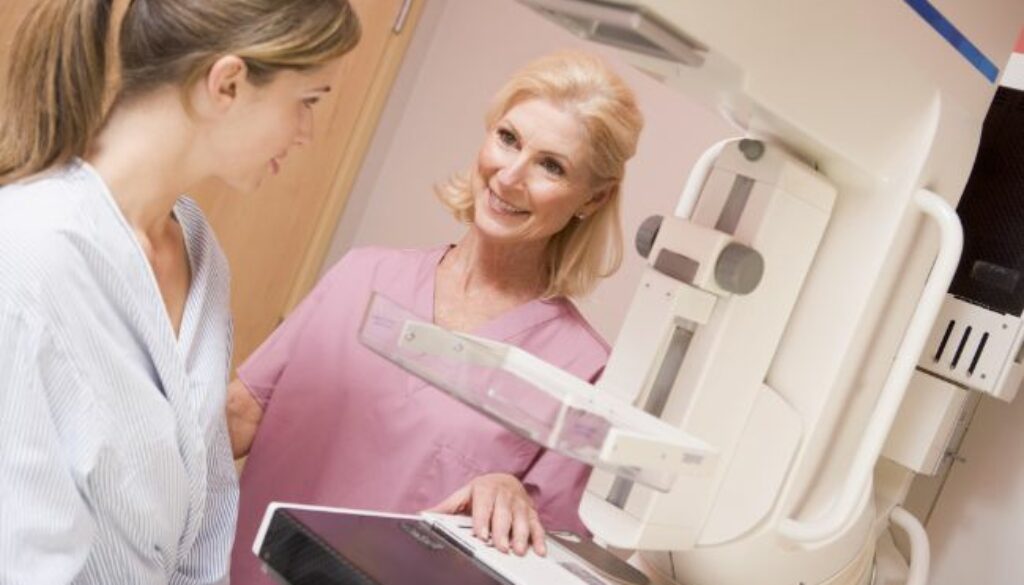Six Ways to Reduce Your Risk of Breast Cancer
Breast cancer is the second leading cause of cancer death in women (lung cancer is first). There are more than 2 million breast cancer survivors in the United States, and many health care professionals believe this is because more women understand the importance of early cancer detection and regular screening mammograms.
While there is a strong genetic element to breast cancer—the disease runs in families— women can take several proactive steps to reduce their breast cancer risk. These steps include:
Living a Healthy Lifestyle
This means being physically active and maintaining a healthy weight. Obesity and a sedentary lifestyle can increase the risk of breast cancer.
Not Smoking
Those who smoke should quit. There are some smoking cessation classes available locally. Speak with one of our physicians for more information
Limiting Alcohol Consumption
Beer, wine, and liquor can increase the risk for developing breast cancer. It’s best to drink no more than one alcoholic beverage a day.
Avoiding Exposure to Pollution and Radiation
Patients should speak with their physicians about the necessity of tests that involve radiation, such as CT scans. In addition, women should avoid pollution and fumes from gasoline and vehicle exhaust.
Breastfeeding
Research has shown that breastfeeding may help reduce the risk of developing breast cancer.
Evaluate the Dosage and Duration of Hormone Therapy
A combination hormone therapy for more than three years can increase the risk of breast cancer. Patients should discuss the risks and benefits of hormone therapy with their physicians.
There is still a lot we don’t know about breast cancer. Age, gender, family history, and several other factors all play a role in determining who will develop breast cancer. While anyone can get breast cancer (even men) white women are more likely to get breast cancer than women from other ethnic groups, and African-American women are more likely to die from the disease than white women. The key to beating breast cancer is early detection. If breast cancer is found early and if the cancer has not spread beyond the breast, the 5-year survival rate is 98 percent.




